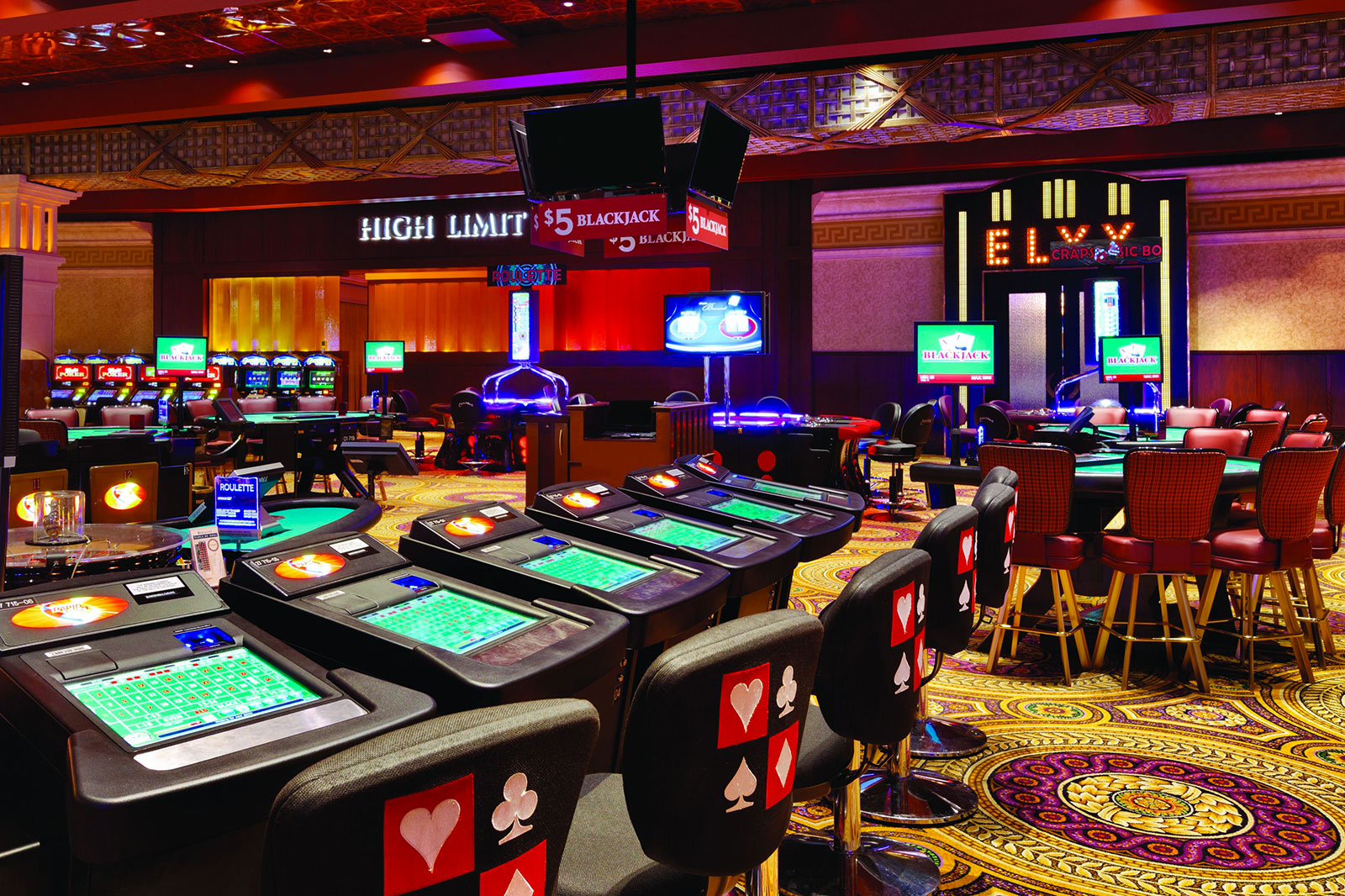
Casino experiences have enthralled players for centuries, evolving from simple pastimes to intricate adventures that combine chance, skill, and amusement. From the historical origins of gambling in cultures like the ancient societies of Mesopotamia and Rome to the glitzy corridors of current casinos, the journey of these games reveals much about our nature and our connection with luck. As cultures have merged and innovation has progressed, casino games have evolved, reflecting societal changes and advancements in gameplay.
The primitive versions of gambling likely featured simple dice games and wagering on the results of athletic contests. As time passed, these early games grew into more complex games like playing card games, the game of roulette, and the myriad slot games that fill the floors of casinos today. Each era brought its distinct regulations, aesthetics, and social relevance. In the current era, casino games maintain their evolution with the rise of digital gaming platforms, enabling players from various parts of the world to participate in a shared experience, further blending the traditional with the age of technology.
Initial Beginnings of Gaming Activities
Gaming activities have origins that extend back to old civilizations, where gambling was profoundly integrated in social traditions and cultural customs. The initial known forms of gambling appeared in Mesopotamia around 3000 BC, including primitive dice activities made from knuckle bones. These initial activities laid the basis for more complex gambling activities, demonstrating human beings’ natural urge to seek wealth and amusement through chance.
As civilizations progressed, so did their betting pursuits. https://fb88t2.club/ In historic China, around 2300 BC, tiles were unearthed that resembled early rudimentary forms of a lottery game activity. More structured forms of gambling emerged in the Roman civilization, where games of chance were a common recreation, often taking place in community gatherings. The Romans developed various betting activities, which composed dice and board activities, illustrating the widespread nature of gambling across various social classes.
With the flow of years, these primitive games influenced the evolution of modern gambling games. In the Middle Ages, card activities emerged prevalent in Europe, paving the way for the organized gaming venues we know today. The transition from informal betting to formal gaming in pubs and personal homes marked a significant change in how people interacted with games of luck, leading to the eventual creation of casinos as specialized places for gambling.
The Rise of Modern Gambling Industry
The late 20th century marked a crucial change in the world of casino games, driven by technological advancements and changes in cultural attitudes towards gambling. The introduction of personal computers and the internet revolutionized the way players engaged with their beloved games. Online casinos emerged, enabling players to enjoy timeless casino classics like Texas Hold’em and blackjack from the comfort of their own homes. This emerging online environment not only broadened availability to casino games but also attracted a younger audience who found the comfort and diversity appealing.
As online gambling gained traction, so did advancements in casino tech. The advancement of advanced software and visual elements changed conventional gambling games into engaging experiences. Gamblers could now connect with realistic dealers through live feeds, bringing the vibe of brick-and-mortar casinos directly into their houses. This fusion of in-person play with online platforms created a novel combination that enhanced the social aspect of playing, making it possible for people to connect and compete with fellow gamers around the globe.
Moreover, the emergence of gaming on mobile devices dramatically changed the gambling environment. With the widespread use of smartphones and tablets, players can enjoy their favorite gaming options anywhere, at any time. Mobile apps offer a wide selection of games optimized for touchscreens, catering to the fast-paced lifestyle of modern users. This accessibility has produced rising participation in casino games, contributing to the exponential growth of the gambling sector. As a result, the future of gambling continues to evolve, adapting to technological advancements and changing consumer preferences. FB88
How Technology Influences Casino Games
Technology’s advancement has significantly transformed casino games, improving the overall experience for players for players around the world. As the internet emerged, online casinos were created, allowing players to enjoy their favorite games from the comfort of their homes. This change not only made casino games more available but also expanded the variety of games offered, as online platforms could offer many different versions of traditional games without the physical constraints of physical casinos.
Mobile technology further revolutionized the casino gaming landscape. As smartphones and tablets became widespread, players now have the ability to engage in casino games anytime and anywhere. This mobility has led to the development of dedicated mobile applications and optimized websites that offer smooth gaming experiences. Additionally, advancements such as live dealer games have brought the genuine feel of a casino into players’ homes, connecting between physical and online gaming.
Furthermore, advancements in artificial intelligence and virtual reality are leading to the next generation of casino games. AI improves game design and player interaction, creating customized experiences based on user behavior and preferences. Meanwhile, virtual reality offers immersive environments where players can interact in a virtual casino environment, making the gaming experience more engaging and realistic. As technology continues to evolve, the future of casino games looks promising, filled with endless possibilities for innovation and entertainment.